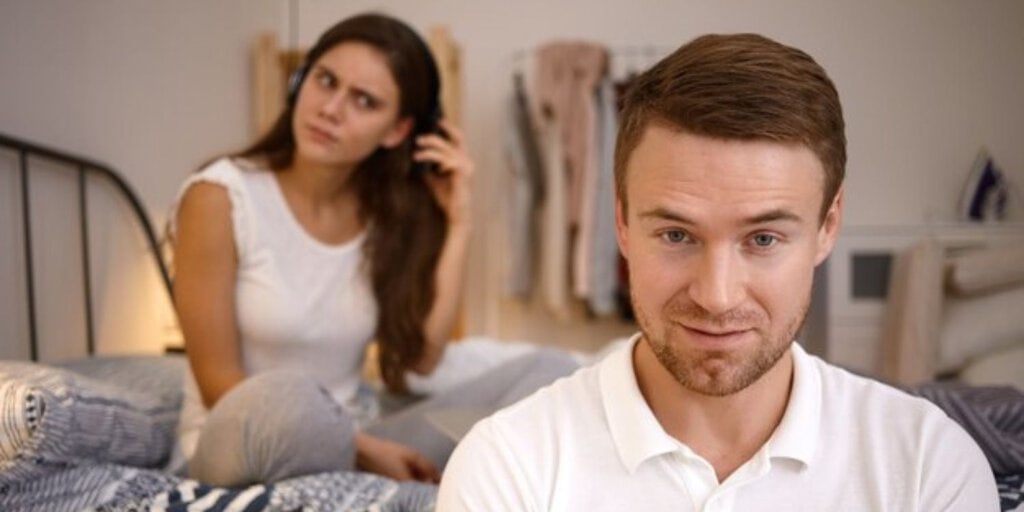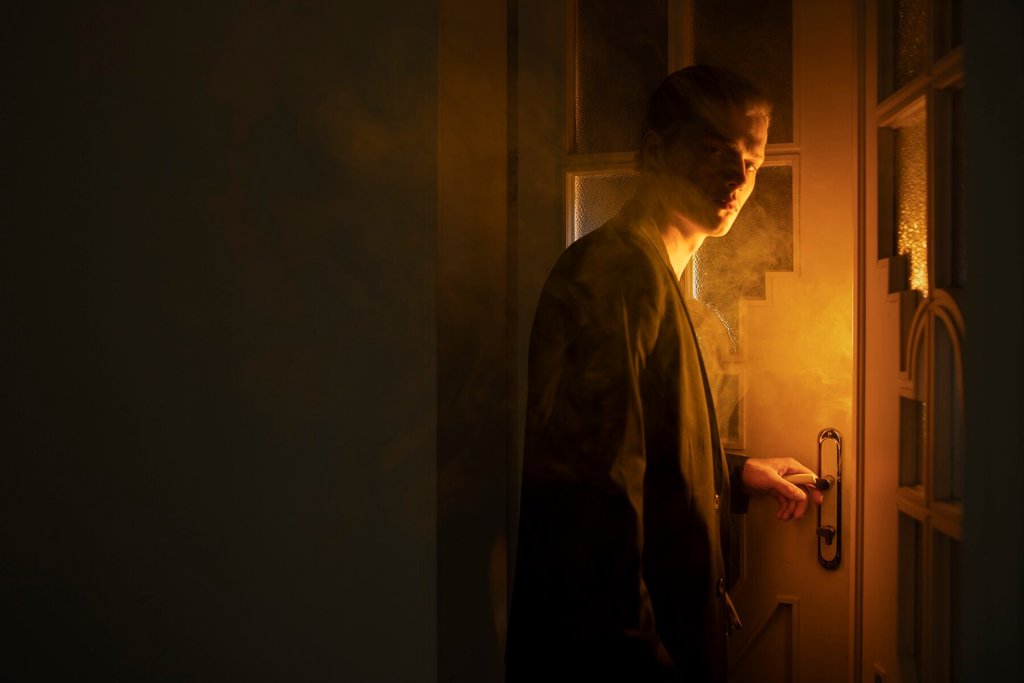
Being able to share what you want and need with your partner calmly is the key to handling the highs and lows of a relationship. Sadly, it’s pretty common for people to let out their frustrations in not-so-great ways, like giving the silent treatment or slamming doors. Even though it might not seem like a big deal, these passive-aggressive moves can make relationships unhealthy.
Why People Become Passive-Aggressive
Ever wonder why some people act sneaky when they’re mad instead of just saying it? Well, that’s called being passive-aggressive. If your partner is doing the whole passive-aggressive dance, don’t freak out; your relationship isn’t automatically in the dumps. According to Dr. Amelia Kelley, a therapist, this tricky behavior is quite normal, especially when there’s some dysfunction or bad vibes built up.
Some signs to look out for are sarcastic deep-cutting “jokes,” gaslighting, playing the “victim card,” ignoring you, giving you the cold shoulder, blaming you for everything, and holding things against you.
It Comes From Within
According to Dr. Kelley, being passive-aggressive is often a mirror reflecting their insecurities and fear of facing confrontation. Yet, there are scenarios where passive-aggressive behavior stems from a desire for self-preservation or emerges from fear and hopelessness.

To confront this, begin by acknowledging it in a composed, assertive tone. You can use “I” statements to help prevent your partner from feeling under siege. Rather than playing the blame game, observe and describe the situation.
Navigating the Silent Sea
If you’ve ever felt the sting of the silent treatment, the isolation can be overwhelming, leaving you feeling like even your nearest and dearest doesn’t acknowledge your emotions. True intimacy thrives when partners can be present for each other’s emotions, even the challenging ones, forming a bridge far from loneliness.

If calmly expressing your observations doesn’t yield results, seeking outside help is a sensible option, and there’s no shame in it. Even strong relationships can benefit from couples therapy, offering valuable tools for more proficiently expressing feelings and minimizing the likelihood of passive-aggressive behavior.